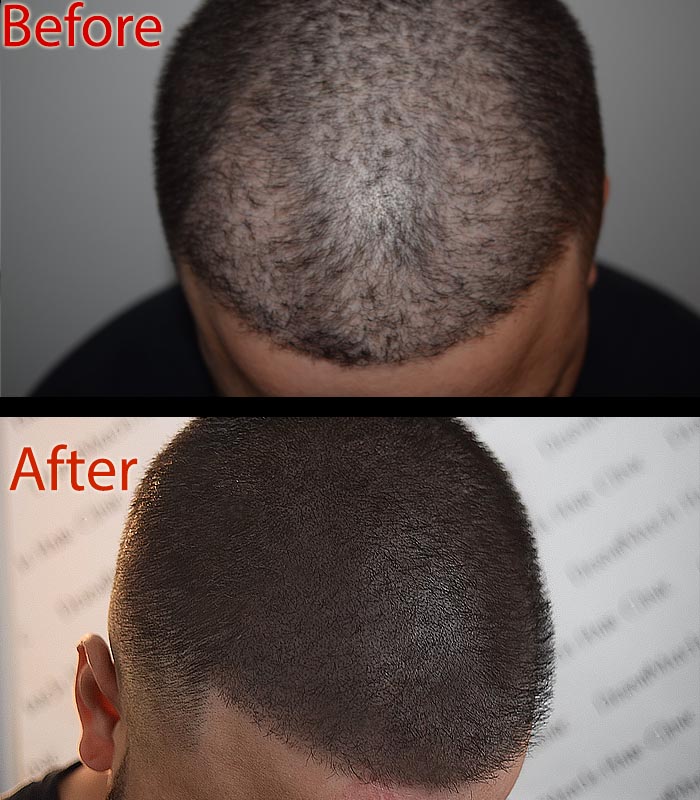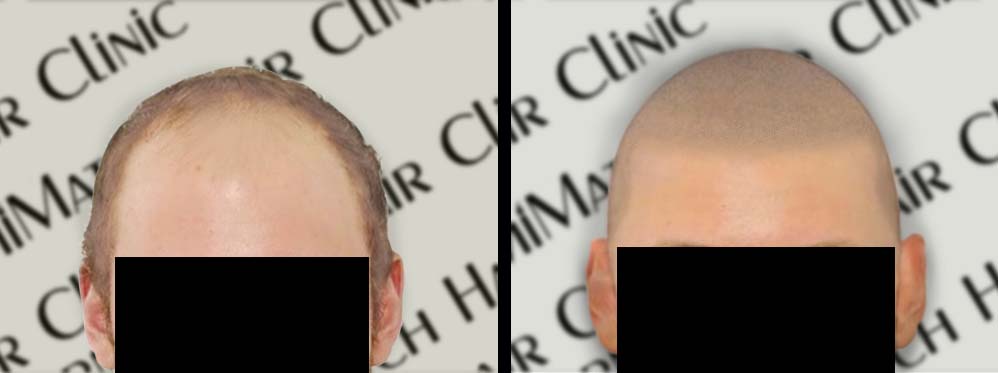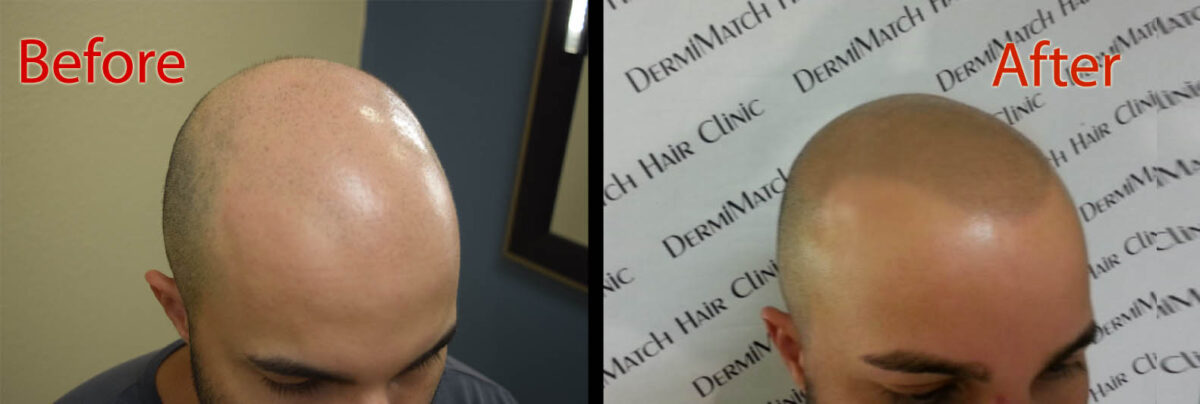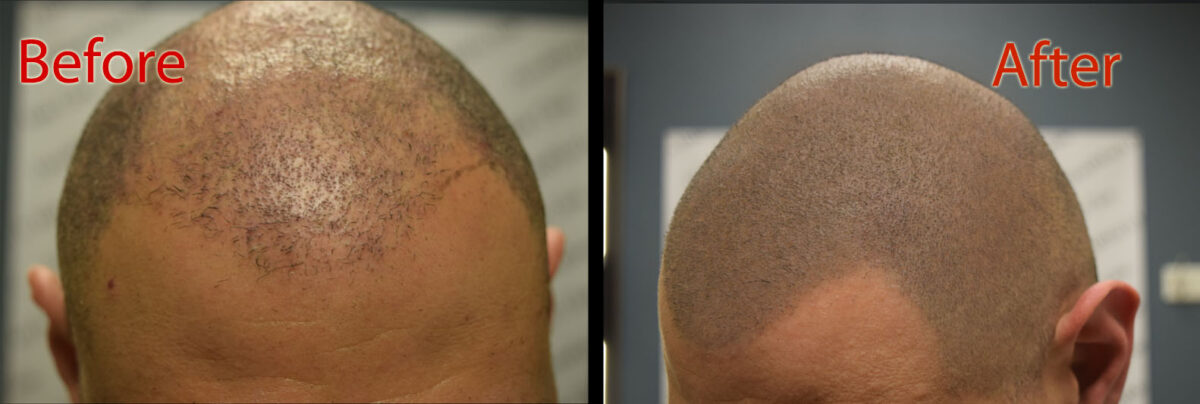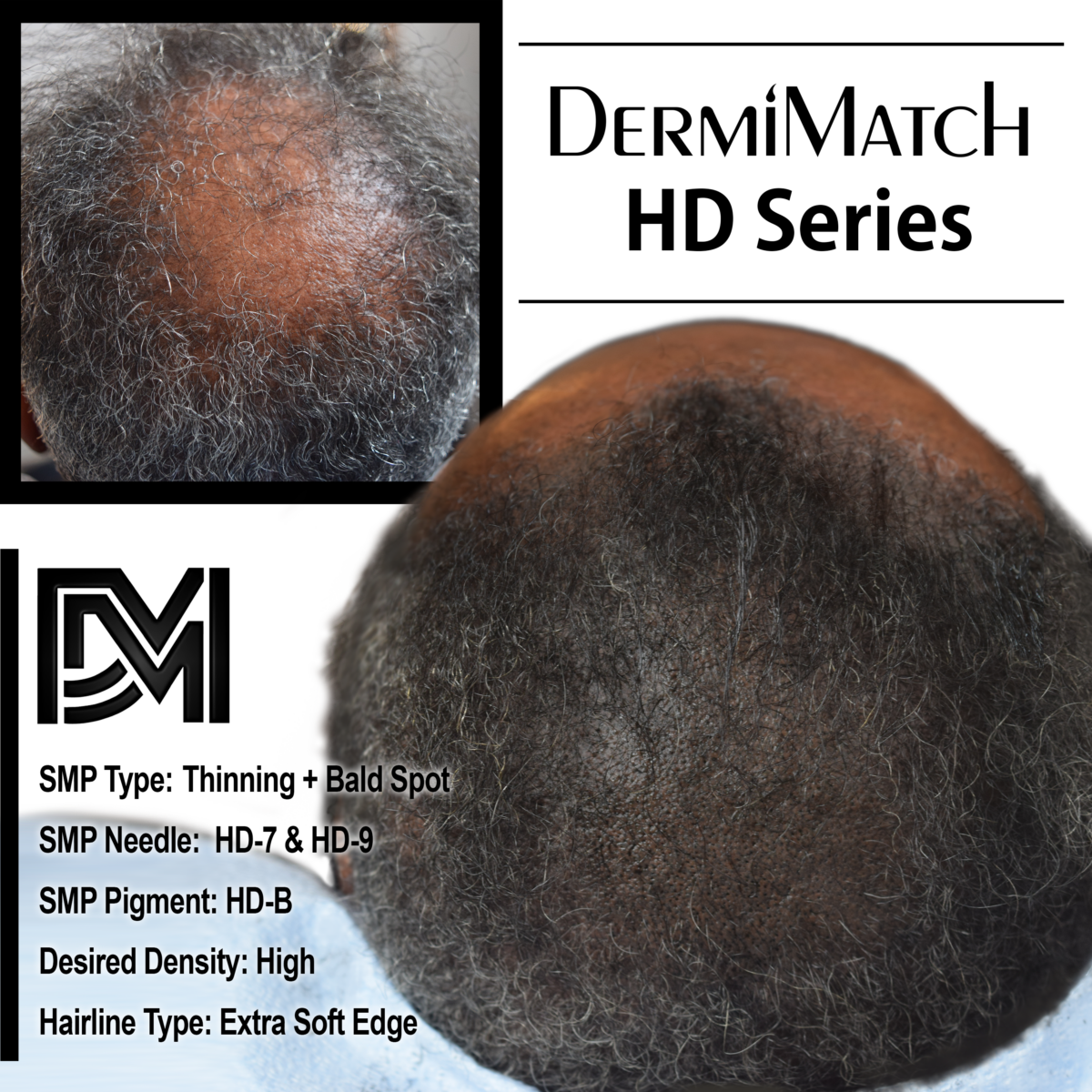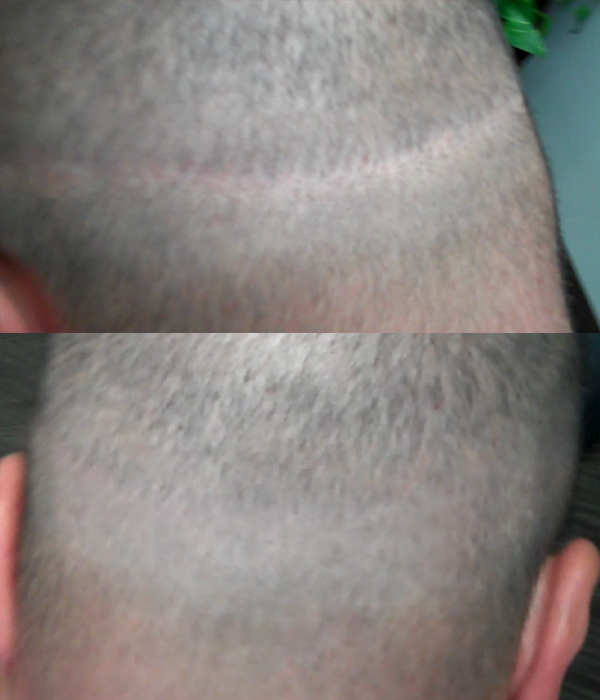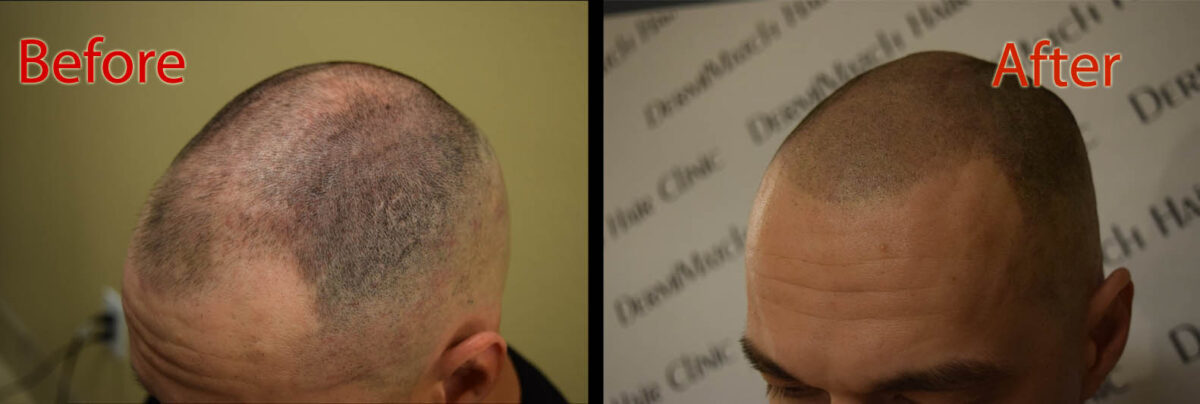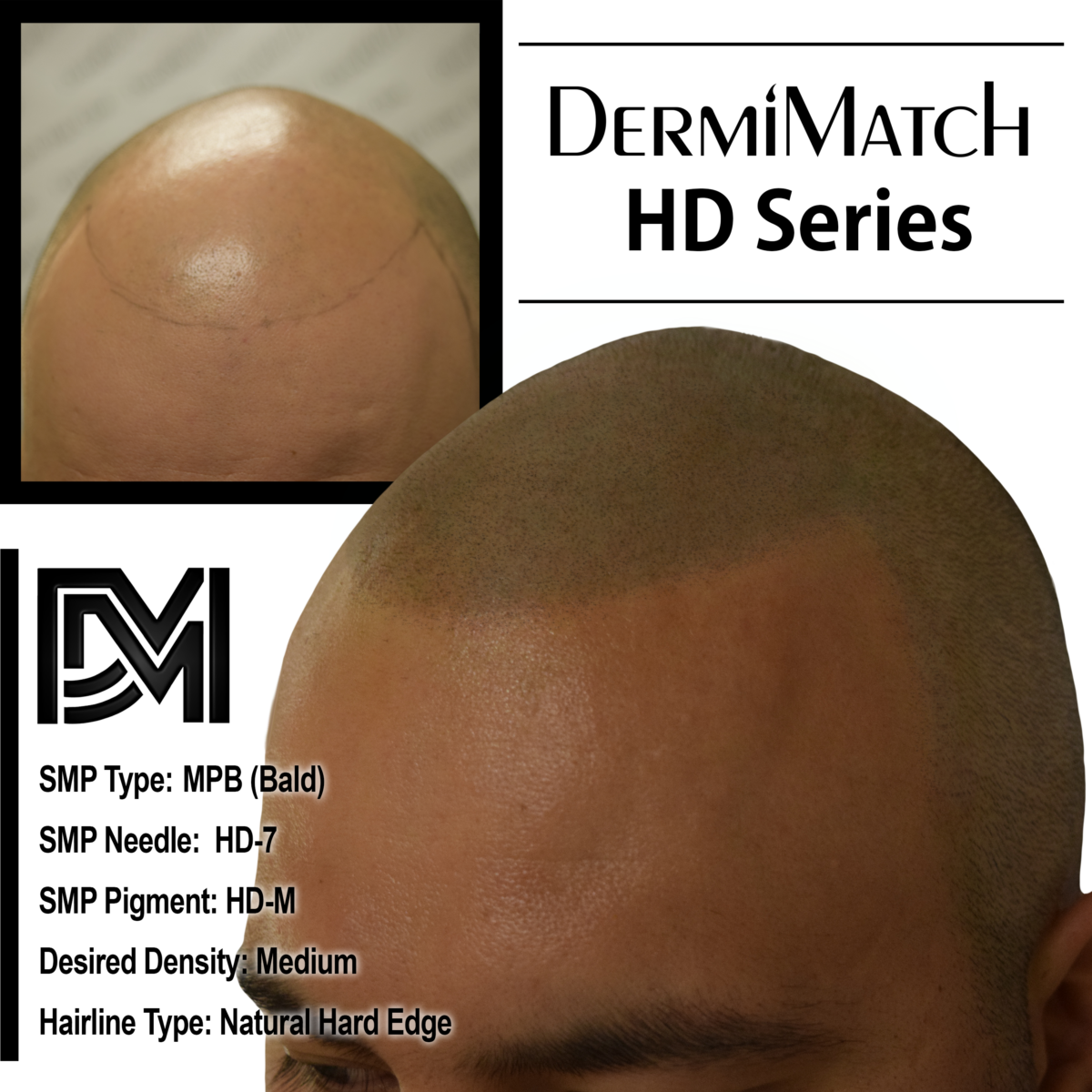Hair loss is a common concern for many people. While there are various factors that can contribute to it, diet plays a significant role. A hair loss diet, often referred to as a hair-friendly diet, focuses on consuming foods that nourish the scalp and promote hair growth.
Understanding the Science Behind Hair Loss Diet
Hair follicles require a steady supply of nutrients to function optimally and produce healthy hair. Deficiencies in essential vitamins, minerals, and proteins can lead to hair thinning, breakage, and even hair loss.
Key Nutrients for Hair Health
Iron
Iron is crucial for the production of hemoglobin, a protein that carries oxygen to cells, including hair follicles. Deficiency in iron can lead to anemia and hair loss.
Protein
Hair is primarily composed of protein, so a protein-rich diet is essential for healthy hair growth. Foods like meat, poultry, fish, eggs, beans, and lentils are excellent sources of protein.
Biotin
Biotin, a B vitamin, is often associated with hair health. While its direct impact on hair growth is still being studied, biotin deficiency can lead to hair loss.
Zinc
Zinc is involved in various metabolic processes, including hair growth. Deficiency can contribute to hair loss.
Omega-3 fatty acids
These healthy fats are essential for scalp health and can help reduce inflammation. Foods like salmon, flaxseeds, and walnuts are rich in omega-3 fatty acids.
Vitamins A, C, and E
These vitamins are antioxidants that help protect the scalp and hair follicles from damage.
Crafting a Hair Loss Diet
A hair loss diet should focus on incorporating a variety of nutrient-rich foods into your daily meals. Here are some key recommendations:
Eat plenty of fruits and vegetables
These are excellent sources of vitamins, minerals, and antioxidants needed for hair growth. Just like your body, your hair need optimum nutrition for growth. This is where they get nourishment.
Include lean protein sources
Opt for lean meats, poultry, fish, eggs, beans, and lentils. Protein is the building block of hair and thus essential for growth. Protein deficiency can lead to hair loss. Without enough protein, your hair may become weak and brittle.
Consume whole grains
Whole grains provide essential nutrients and fiber, which can support overall health and hair growth.
Stay hydrated
Drinking plenty of water is essential for overall health, including hair growth.
Scalp Micropigmentation as an Alternative Treatment
A hair loss diet can be a helpful approach to support hair health and potentially reduce hair loss. By focusing on nutrient-rich foods and avoiding processed foods, you can provide your body with essential building blocks for healthy hair growth.
While a hair loss diet can be a valuable tool in promoting hair health, it may not be sufficient for individuals with significant hair shedding. In such cases, scalp micropigmentation can be a viable alternative treatment.
SMP is a non-surgical procedure that involves depositing tiny pigment dots on the scalp. These dots mimic the appearance of shaved hair. This can help disguise hair loss and create a fuller, more natural-looking appearance.
Top scalp artists are available at DermiMatch Clinic. Leverage their skills and expertise to overcome the pain of hair loss if diet doesn’t help. SMP can help camouflage the signs of hair loss and give you a renewed appearance.
Schedule your consultation now.

